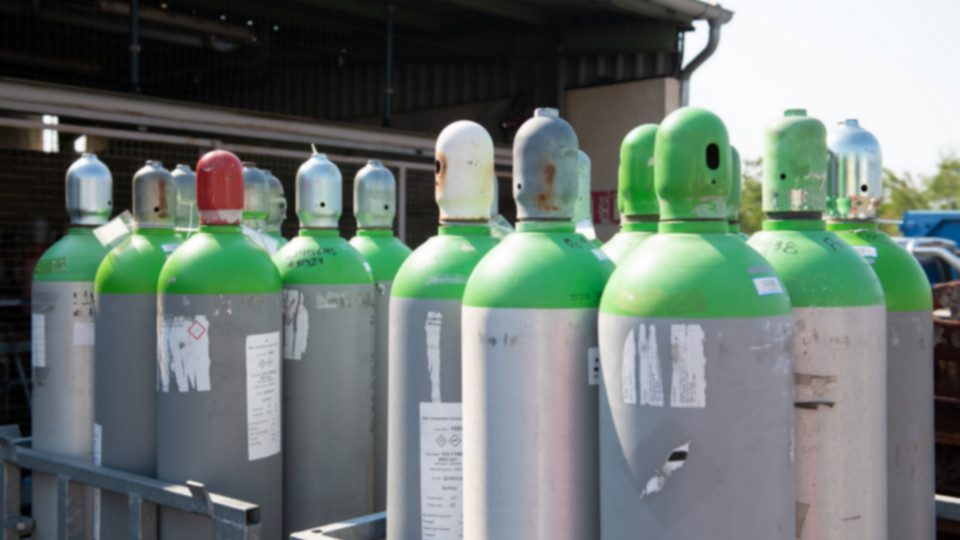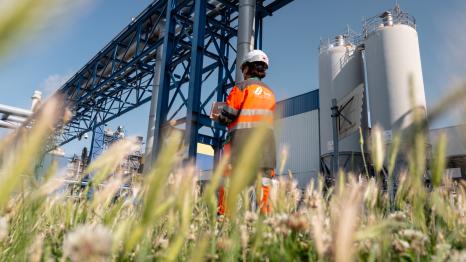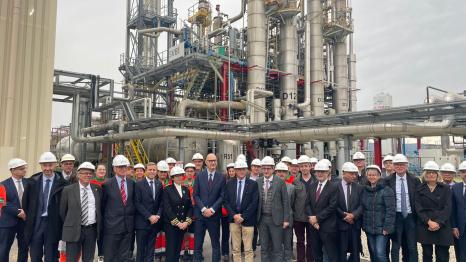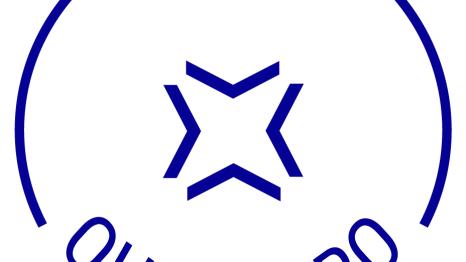Séché Environnement inaugurates a unique specialty gas treatment facility at the Trédi site in Saint-Vulbas, France
Treatment of special gases
As a specialist in managing the most complex types of waste, including industrial gases, Séché Environnement is strengthening its unique expertise in Europe by creating a dedicated treatment facility for specialty gases at the Trédi site in Saint-Vulbas, France. This development builds on the greenhouse gas treatment activities that the Group has been leading since 2000 and reflects the Group's aim of promoting the circular economy and protecting the environment.
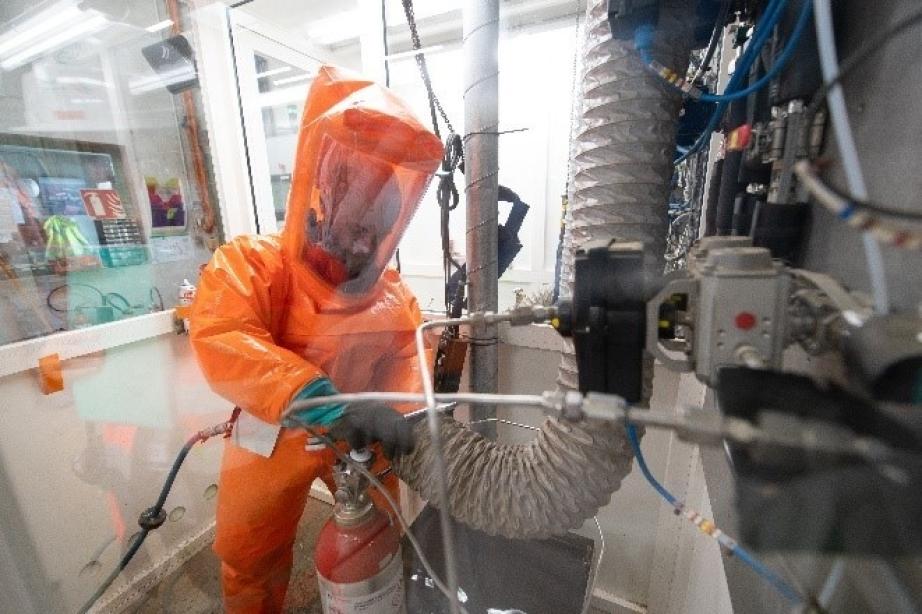
The long-standing Trédi site (a subsidiary of the Séché Environnement Group) in Saint-Vulbas has been active in the region for over 40 years and has forged a global reputation for its expert skills in managing hi-tech hazardous industrial waste, such as treating industrial gases.
The Group is now reinforcing that unique expertise in Europe by developing a treatment facility for specialty and greenhouse gases, which are known for their involvement in global warming.
These specialty gases are used by local authorities as well as the gas, chemical and microelectronics industries. Due to their hazardous nature or potential greenhouse effect, considerable expertise is required to handle, store and process them in a manner that is safe for people and the environment
A specific treatment process with appropriate equipment, unique infrastructures, and trained and qualified personnel. The steps in the treatment process are as follows:
1. After analyzing the condition of the cylinders, which is important for determining the safest handling and transportation methods, good condition cylinders are stored and secured in cages. Any cylinders in poor condition are kept in an airtight sarcophagus (emergency packaging) until treatment.
2. Cylinders are unloaded in a depressurized building (-50 pascals), weighed, labeled and placed in storage buildings according to the specific type of gas.
3. Technicians wearing the appropriate PPE sample and analyze the contents of the cylinders in an initial enclosed cabin that has been depressurized to contain any potential leaks.
4. Once the contents have been characterized, the cylinder is connected, emptied and rinsed in a second cabin.
5. The extracted gas is thermally eliminated in a facility using a secure double-walled line.
An activity that reflects the Group's aim of promoting the circular economy and protecting the environment
In addition to this facility, which is the only one of its kind in France, a second building has been created to manage greenhouse gases. The greenhouse gas treatment system has been in service at the site since 2000 and cuts nearly 3.3 million tons of CO2 every year, i.e. half of the annual emissions generated by the greater Lyon area.
To reuse the cylinders and thereby extend their service life, a rinsing service has also been pioneered in partnership with gas companies. This service prevents cylinders from consistently being discarded. After several cycles, the cylinders are sent to a metal recycling plant.
About Trédi Saint-Vulbas
The Trédi site was created in Saint-Vulbas in 1976 and is one of the first companies to be established in the Plaine de l'Ain industrial park. Trédi, a subsidiary of the Séché Environnement Group since 2002, specializes in treating and recycling the most complex types of waste, especially the thermal treatment of hazardous industrial waste and the recovery of bromine. The Trédi site in Saint-Vulbas has forged a global reputation for its unique expertise in managing hi-tech hazardous industrial waste at its thermal treatment facility.
